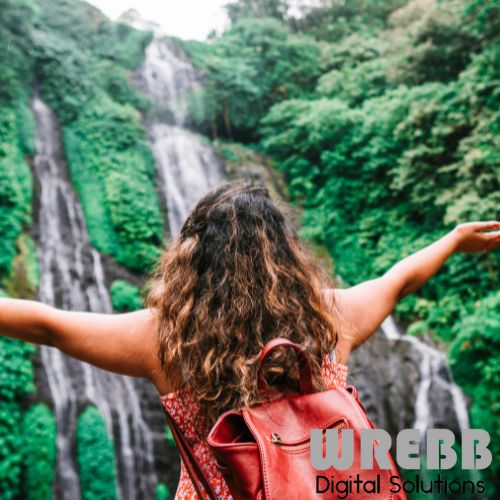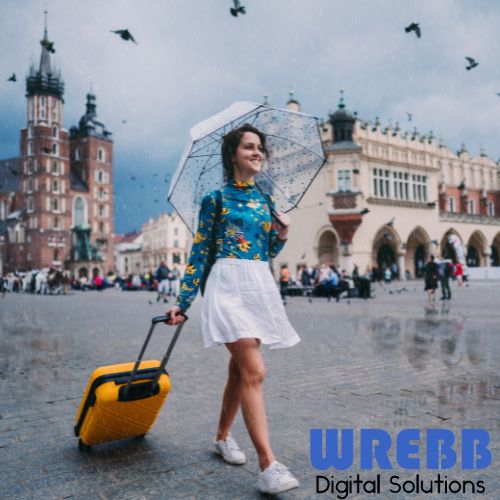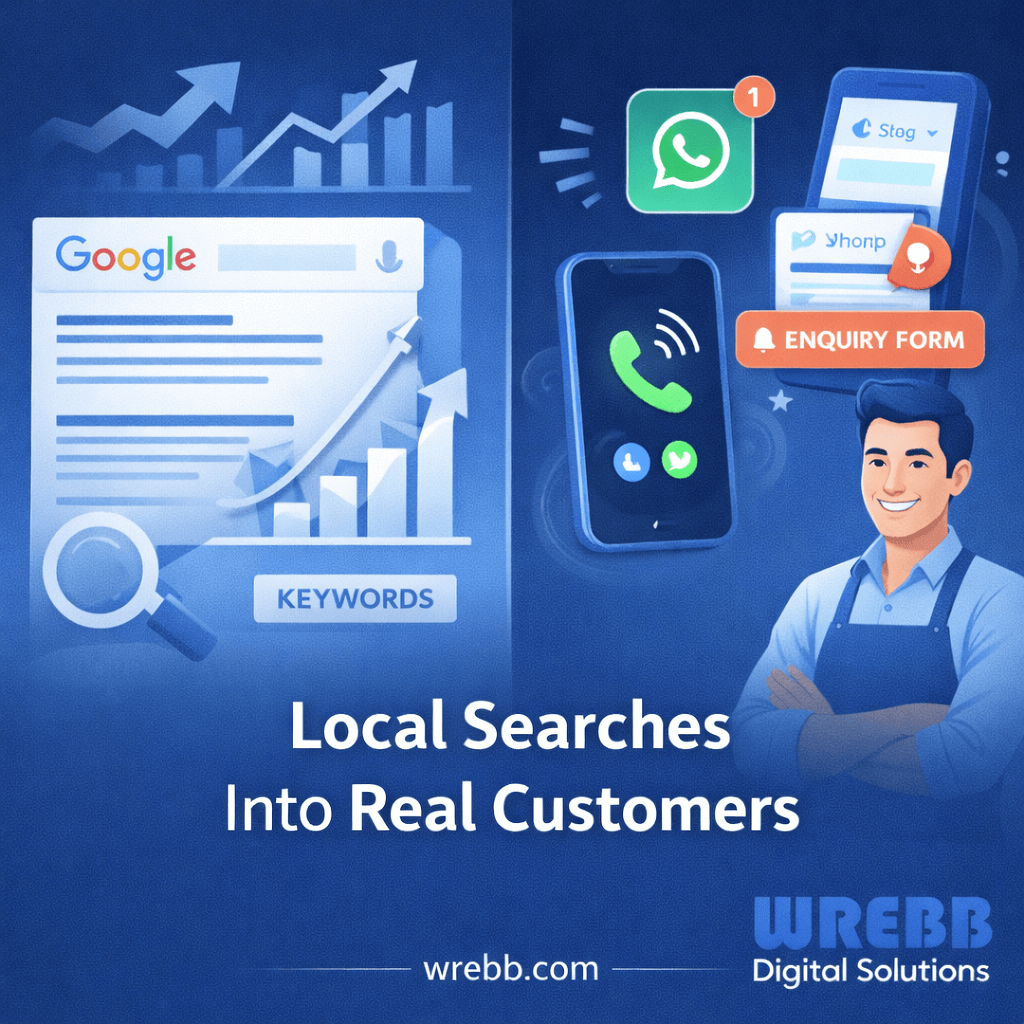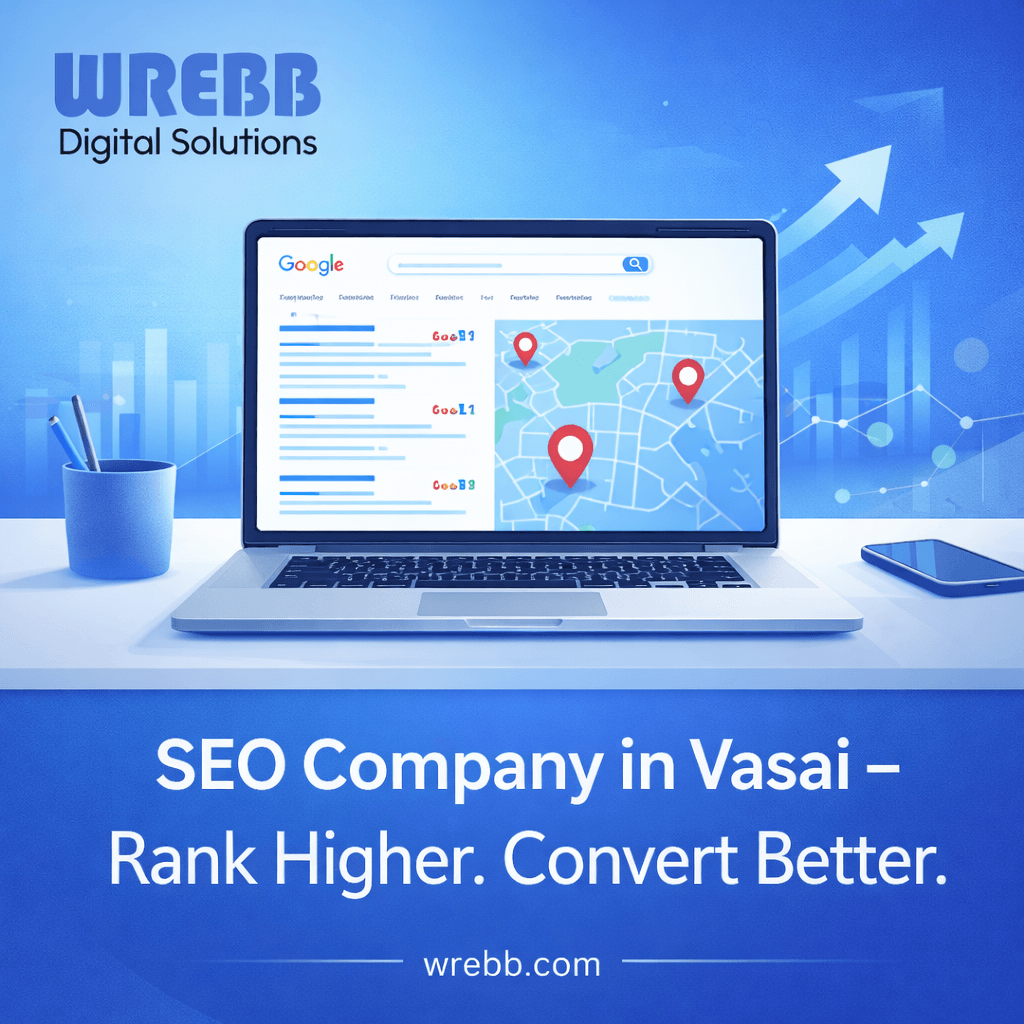The travel industry operates in one of the most competitive digital landscapes. Every day, millions of potential travellers turn to search engines, seeking their next adventure, perfect accommodation, or dream destination. This massive search volume represents unprecedented opportunities for travel businesses. However, without a strategic approach to search engine optimization, your business risks invisibility in this crowded marketplace.
Table of Contents
ToggleWhether you are running a boutique travel agency, managing a luxury resort, operating adventure tours, or maintaining a travel blog, your online visibility directly impacts your bottom line. The difference between appearing on page one versus page two of Google search results isn’t just about rankings-it’s about survival in the digital age.
Why Travel SEO Services Are Non-Negotiable for Your Business
The travel industry has experienced a fundamental shift toward digital-first consumer behaviour. Modern travellers no longer rely solely on traditional travel agents or word-of-mouth recommendations. Instead, they conduct extensive online research before making any booking decisions. This behavioural change makes travel SEO services absolutely critical for business success.
When potential customers search for travel-related queries, they’re typically in high-intent mode. Someone searching “luxury beach resorts in Maldives” or “family-friendly tours in Costa Rica” is actively looking to make a purchase decision. Consequently, ranking prominently for these searches translates directly into bookings and revenue.
Furthermore, the trust factor cannot be overlooked. Travelers inherently trust businesses that appear at the top of search results. This perceived authority leads to higher click-through rates, longer site engagement, and ultimately, more conversions. Without proper SEO optimization, even exceptional travel services struggle to gain the visibility they deserve.
The competitive landscape intensifies this necessity. Your competitors are actively investing in SEO strategies, which means staying stagnant equals falling behind. A well-executed SEO campaign doesn’t just help you compete—it positions you to dominate your niche.
Comprehensive Travel SEO Strategies That Drive Results
1. Mastering Keyword Research for Maximum Impact
Effective travel SEO services begin with thorough keyword research that goes beyond basic travel terms. The key lies in understanding how your target audience actually searches for travel-related information and services.
Long-tail keywords prove particularly valuable in the travel industry. While “hotels” might have massive search volume, it’s also incredibly competitive and broad. However, “eco-friendly boutique hotels near Yellowstone National Park” targets a specific audience with clear intent. These longer, more specific phrases often convert better because they match exactly what travelers are seeking.
Seasonal keyword research adds another dimension to your strategy. Travel searches fluctuate dramatically based on seasons, holidays, and events. For instance, “ski resorts” peaks during winter months, while “beach destinations” surges in summer. Additionally, consider destination-specific events like festivals, conferences, or cultural celebrations that drive search volume.
User intent analysis becomes crucial when selecting keywords. Informational keywords like “things to do in Paris” serve different purposes than transactional keywords like “book Paris hotel tonight.” Your content strategy should address the entire buyer’s journey, from initial inspiration to final booking.

2. Local SEO Optimization for Travel Businesses
Since travel inherently involves location-based searches, local SEO forms the backbone of successful travel marketing. The majority of travel-related queries include location modifiers, making local optimization essential for visibility.
Google Business Profile optimization represents your first step toward local SEO success. Ensure your profile includes accurate business information, high-quality photos, regular updates, and prompt responses to customer inquiries. Encourage satisfied customers to leave detailed reviews, as these significantly influence local rankings and booking decisions.
NAP consistency across all online platforms cannot be overlooked. Your business name, address, and phone number must remain identical across your website, social media profiles, directory listings, and review platforms. Even minor inconsistencies can confuse search engines and hurt your local rankings.
Location-specific content creation further strengthens your local SEO efforts. Develop comprehensive guides about your local area, including attractions, restaurants, transportation options, and insider tips. This content positions your business as a local authority while targeting valuable location-based keywords.
3. Content Creation That Inspires and Converts
Travel content must strike a delicate balance between inspiration and practical information. Your audience seeks both emotional connection and actionable advice when planning their journeys.
Comprehensive destination guides serve as cornerstone content pieces. These in-depth resources should cover everything from must-see attractions to hidden gems, local customs to practical tips. For example, a complete guide to “Exploring Japan’s Cherry Blossom Season” might include timing recommendations, best viewing locations, cultural etiquette, and booking advice.
Visual storytelling amplifies your content’s impact significantly. High-quality images, engaging videos, and interactive maps transform ordinary blog posts into immersive experiences. Moreover, visual content performs exceptionally well on social media, extending your reach beyond search engines.
User-generated content provides authentic perspectives that resonate with potential travelers. Feature customer testimonials, travel photos, and detailed reviews throughout your website. This authentic content builds trust while providing fresh material for search engines to index.
Regular content updates signal relevance to search engines while ensuring information accuracy. Travel information changes frequently—prices fluctuate, attractions close for renovations, and new destinations emerge. Maintaining current information enhances user experience and search engine rankings.
4. Technical SEO Fundamentals for Travel Websites
Page speed optimization becomes critical when dealing with image-heavy travel websites. Travelers expect fast-loading pages, especially when browsing on mobile devices during their journeys. Slow sites frustrate users and negatively impact search rankings.
Image optimization requires special attention in the travel industry. Use next-generation formats like WebP for better compression without quality loss. Implement lazy loading to improve initial page load times. Additionally, ensure all images include descriptive alt text for accessibility and SEO benefits.
Mobile optimization extends beyond responsive design. Consider how travelers actually use their devices—often while navigating unfamiliar locations with potentially slow internet connections. Your mobile experience should prioritize essential information and maintain functionality across various connection speeds.
Schema markup implementation helps search engines understand your content better. For travel businesses, relevant schema types include Local Business, Event, Review, and FAQPage markup. Properly implemented schema can result in rich snippets that make your listings more prominent in search results.
5. Link Building Strategies for Travel Authority
High-quality backlinks remain crucial ranking factors, particularly in the competitive travel industry. However, successful link building requires strategic thinking beyond simple link acquisition.
Industry-specific link building proves most effective for travel businesses. Target authoritative travel publications, destination marketing organizations, and complementary businesses for partnership opportunities. A travel SEO company can identify and secure these valuable industry connections.
Content-driven link building creates sustainable, long-term results. Develop resources that other websites naturally want to reference—comprehensive guides, original research, or unique insights about travel trends. When your content provides genuine value, links develop organically.
Local partnership opportunities offer another avenue for quality backlinks. Collaborate with local tourism boards, chambers of commerce, and complementary businesses in your destination. These partnerships often result in valuable local citations and backlinks.
6. Leveraging Social Media for SEO Enhancement
While social signals don’t directly influence search rankings, social media platforms drive significant traffic to travel websites. Moreover, content that performs well socially often attracts natural backlinks from other websites.
Platform-specific strategies maximize your social media impact. Instagram excels for visual destination content, Pinterest drives long-term traffic to travel guides, and Facebook facilitates community building around travel experiences. Each platform requires tailored content approaches for optimal results.
Social media also provides valuable customer insights that inform your SEO strategy. Monitor comments, questions, and discussions to identify content gaps and emerging travel trends. This social listening informs keyword research and content planning decisions.
Working with Professional Travel SEO Services
Determining whether to handle SEO internally or partner with professionals depends on various factors including resources, expertise, and business goals. A freelance travel SEO consultant offers specialized knowledge and flexibility, while a travel SEO agency provides comprehensive team expertise and scalable solutions.
Professional services bring several advantages to travel businesses. They stay current with algorithm changes, have access to premium SEO tools, and understand travel industry nuances. Additionally, they can implement advanced strategies that require technical expertise and industry connections.
When evaluating potential partners, consider their track record with travel clients, understanding of your specific market segment, and ability to provide measurable results. A quality travel SEO company should offer transparent reporting and clear communication about strategy and progress.
Measuring Success and Continuous Improvement
SEO success in the travel industry requires consistent monitoring and adjustment. Key performance indicators should align with business objectives—whether that’s increased bookings, higher website traffic, or improved brand visibility.
Organic traffic growth indicates improving search visibility, but focus on quality over quantity. Traffic from relevant keywords that convert to bookings provides more value than high-volume traffic from irrelevant searches. Additionally, monitor your rankings for target keywords and track improvements over time.
Conversion tracking reveals which SEO efforts generate actual business results. Set up goals in Google Analytics to track booking completions, contact form submissions, and other valuable actions. This data helps optimize your strategy for maximum ROI.
Conclusion: Accelerate Your Travel Business Growth
The digital transformation of the travel industry makes SEO expertise essential for sustained growth. From keyword optimization to content creation, from technical improvements to link building, every aspect of SEO contributes to your online success.
However, implementing these strategies effectively requires time, expertise, and consistent effort. Many travel businesses benefit significantly from partnering with specialized professionals who understand both SEO best practices and travel industry dynamics.
Ready to transform your travel business through strategic SEO?
Wrebb Digital Solutions specializes in comprehensive travel SEO services that drive real results. Our experienced team understands the unique challenges facing travel businesses and develops customized strategies that increase visibility, attract qualified traffic, and grow bookings.
Don’t let competitors dominate search results while your exceptional travel services remain hidden. Contact Wrebb Digital Solutions today to discover how our proven SEO strategies can elevate your travel business to new heights of online success.
Frequently Asked Questions
1. How long does it take to see results from professional travel SEO services?
SEO results typically become noticeable within 3-6 months, with significant improvements often occurring between 6-12 months. However, the timeline varies based on competition levels, current website status, and strategy implementation depth. Consistent effort and patience are essential for long-term success.
2. Should I hire a freelance travel SEO consultant or work with a travel SEO agency?
The choice depends on your specific needs and budget. A freelance travel SEO consultant offers personalized attention and flexibility, ideal for smaller businesses or specific projects. A travel SEO agency provides comprehensive team expertise and scalable solutions, better suited for larger businesses or complex requirements.
3. What makes travel SEO different from general SEO practices?
Travel SEO requires understanding seasonal search patterns, location-based intent, visual content optimization, and industry-specific user behavior. Additionally, travel SEO involves unique challenges like managing multiple location pages, seasonal content updates, and reputation management across various review platforms.
4. How important are online reviews for travel SEO success?
Online reviews significantly impact both local SEO rankings and conversion rates. Positive reviews improve search visibility while building trust with potential customers. Additionally, review content provides fresh, user-generated content that search engines value. Managing and encouraging reviews should be a priority for any travel business.
5. Can social media efforts really impact my travel website’s search rankings?
While social media doesn’t directly influence search rankings, it impacts SEO through increased brand visibility, content distribution, and link acquisition opportunities. Social platforms drive traffic to your website, increase content engagement, and can lead to natural backlinks from other websites that discover your content through social channels.




